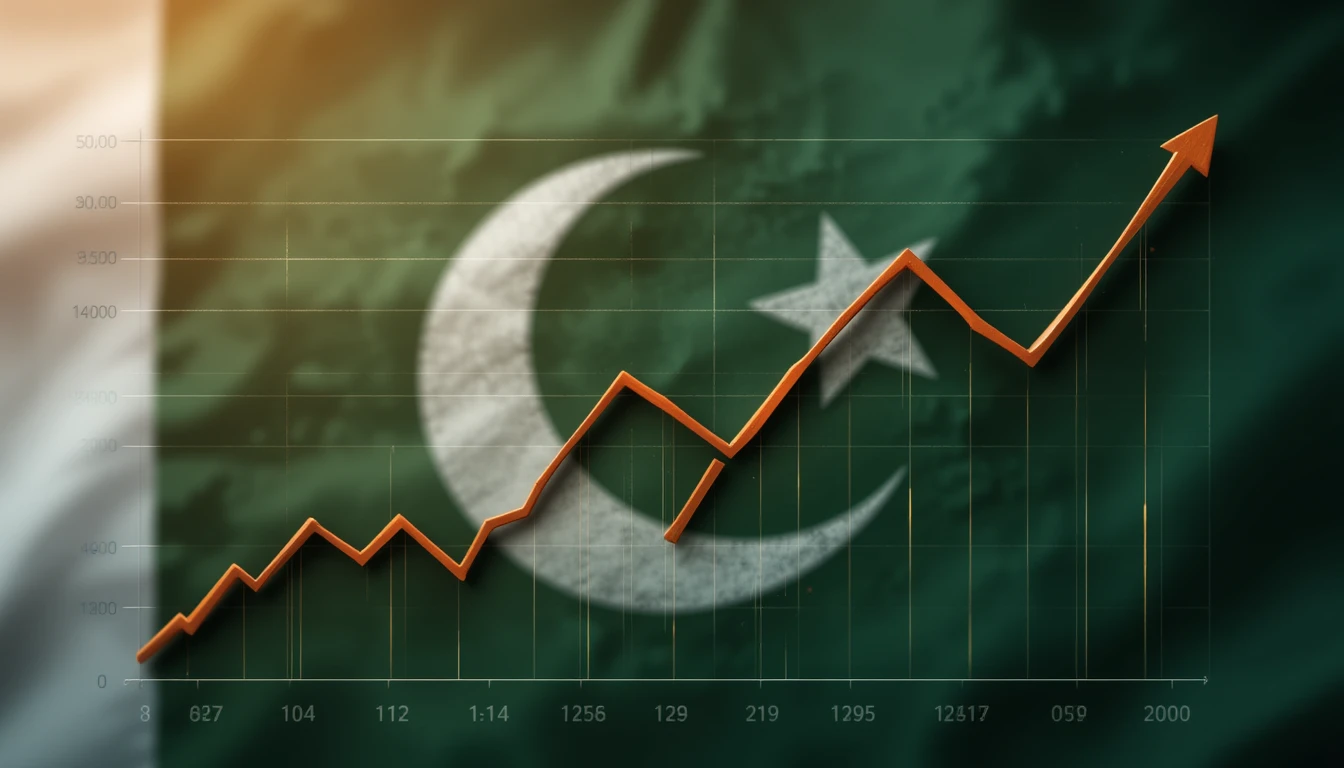The latest Economic Survey of Pakistan points to persistent economic headwinds, but also indicates some positive developments in key sectors.
Key Takeaways:
i) The Economic Survey reveals that Pakistan continues to grapple with high inflation, posing a significant burden on the cost of living for its citizens.
ii) Despite the challenges, the survey indicates some positive trends, including a slight uptick in economic growth and improvements in specific sectors.
iii) The report underscores the government’s efforts to navigate economic difficulties through various policy measures and international engagements.
Islamabad, Pakistan – April 10, 2025 – The government of Pakistan released its annual Economic Survey, offering a detailed overview of the nation’s economic performance in the current fiscal year. The report highlights ongoing challenges stemming from inflation, fiscal pressures, and external account vulnerabilities, while also noting modest improvements in certain areas of the economy.
The Economic Survey paints a mixed picture of Pakistan’s economic landscape. High inflation remains a major concern, eroding purchasing power and impacting household budgets across the country. Fiscal deficits continue to exert pressure on government finances, necessitating prudent fiscal management and revenue mobilization efforts. The external sector also faces challenges, with trade imbalances and the need for sustainable foreign exchange reserves remaining key areas of focus.
However, the survey also highlights some positive developments. The report suggests a marginal improvement in the overall economic growth rate compared to the previous fiscal year. Certain sectors, such as agriculture and specific industries, have shown resilience and contributed positively to the national output. The government’s ongoing negotiations and engagements with international financial institutions, like the International Monetary Fund (IMF), are also acknowledged as crucial for stabilizing the economy and securing much-needed financial support.
Furthermore, the Economic Survey likely delves into the impact of various government policies and initiatives aimed at fostering economic recovery and sustainable growth. These may include measures related to export promotion, investment attraction, and social safety nets designed to cushion the impact of economic hardship on vulnerable populations. The report will be a key document for policymakers, economists, and the general public to understand the current state of the economy and the challenges and opportunities that lie ahead.
According to its recent statements and reports, the central bank has maintained a tight monetary stance to anchor inflation expectations and bring price stability.
The State Bank of Pakistan (SBP) has been actively using monetary policy tools to combat inflation. According to its recent statements and reports, the central bank has maintained a tight monetary stance to anchor inflation expectations and bring price stability. The government has also emphasized its commitment to fiscal consolidation and structural reforms to address the underlying economic imbalances. These efforts are crucial in the context of the ongoing IMF program, which requires Pakistan to adhere to certain fiscal and monetary targets.




